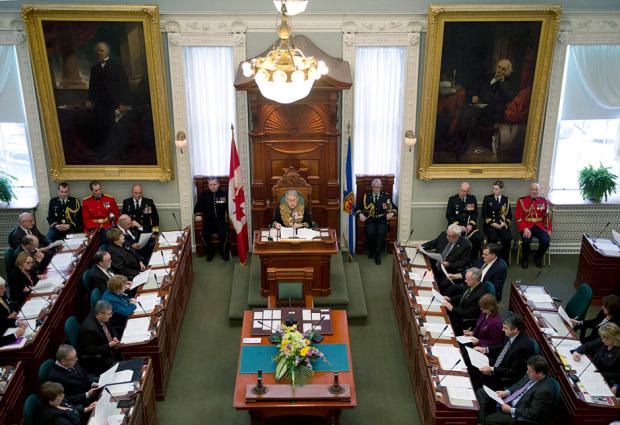|
Ontario and Nova Scotia loosening rules on sex abuse cases, making it easier for victims to sue their attackers
By Sarah Boesveld
Two Canadian provinces are making it easier for victims of sexual assault to sue their attackers — a move proponents hope will lead more people to seek civil justice, although critics feel this will not protect complainants from the victim-blaming they seek to avoid. Just over a week ago, Nova Scotia removed its statute of limitation in sexual abuse cases, allowing victims to pursue a civil claim no matter how much time has passed. In its wide-sweeping action plan to stop sexual violence and harassment released last month, Ontario pledged to amend the statute of limitations to drop time restrictions on filing a lawsuit alleging sexual assault. As the impacts of sexual assault become better understood, personal injury lawyers are getting more queries from victims of sexual assault by partners, or colleagues. Some may choose to pursue a civil claim, instead of a criminal complaint, in an attempt to maintain some control over their experience and to see the burden of proof significantly lowered. Both options are possible. But critics warn people filing civil suits may still be subject to dogged cross-examinations, victim-blaming and a drawn-out court process. “[Dropping the limitations] is a trend across the country for sure, and Ontario is a bit behind,” said Elizabeth Sheehy, a professor of law at the University of Ottawa who studies sexual assault law. “But I don’t know that women are going to be flooding in to file these kinds of lawsuits. They still need to go through cross-examination, it just won’t be criminal cross-examination. And a lot of the practices in criminal law still apply in civil law.” These provinces are just catching up to others, including British Columbia, Saskatchewan and Manitoba, which have already made exceptions for sexual assault in personal injury lawsuit limitation rules. For Gillian Hnatiw, a lawyer at Lerners LLP in Toronto who specializes in sexual assault and abuse cases, lifting these limitations at least makes the justice system “more responsive” to victims of these crimes. It’s also a timely move as public discussion about sexual assault, prompted by the Jian Ghomeshi and Bill Cosby scandals, has highlighted why people don’t go to police after an assault. It has also exposed the way sexual abuse can be buried for years and impact victims’ lives in ways they may not even realize. “When you look at what people get paid sometimes for breaking a leg, [these victims are] basically being compensated for breaking their brains,” said Hnatiw. Pursuing a civil suit can be just as much about catharsis and getting an apology as it is about financial compensation, she says. “If they’re never going to get that from their abuser, then some neutral third party can validate their experience and say ‘Yes, this was wrong.’ ”
In a criminal case, the victim’s complaint becomes property of the Crown and therefore society, while defendants hire their own lawyer. The court’s goal is to determine innocence or guilt — that’s why the burden of proof is so high. In civil court, the defendant is still considered not liable until proven liable and the plaintiff just has to prove a balance of probabilities, not beyond a reasonable doubt. Defendants can be compelled to produce evidence and don’t have the right to remain silent. They can’t “hide behind silence,” Hnatiw said. “I think victims feel as though the law is on the side of the accused in criminal proceedings — that everything seems to be stacked against them. Whereas when you get into the civil arena the playing field is much more level.”
|
.
Any original material on these pages is copyright © BishopAccountability.org 2004. Reproduce freely with attribution.

